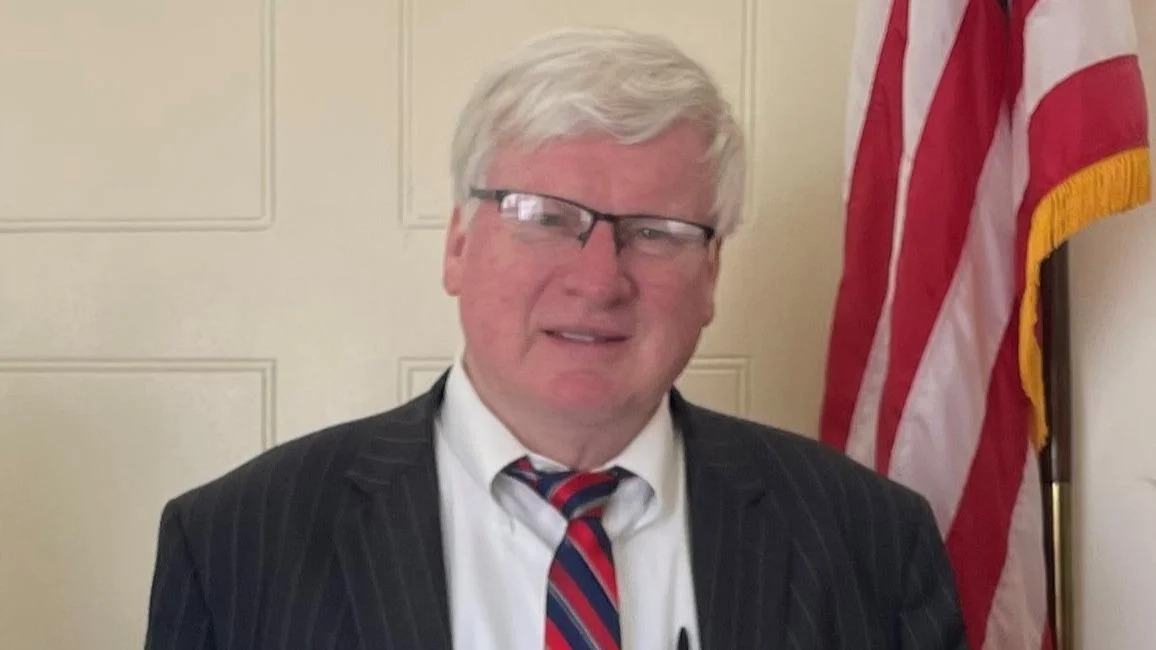Glenn Grothman U.S. House of Representatives from Wisconsin's 6th district | Official U.S. House Headshot
Glenn Grothman U.S. House of Representatives from Wisconsin's 6th district | Official U.S. House Headshot
Representatives Glenn Grothman, Suzanne Bonamici, Gus Bilirakis, Joe Morelle, Brian Fitzpatrick, and Doris Matsui have reintroduced the Cancer Drug Parity Act. This bipartisan bill aims to lower costs for cancer patients prescribed oral medications by requiring health insurers to cover these treatments at the same level as traditional intravenous (IV) therapies.
Over two million Americans are diagnosed with cancer each year. Oral cancer treatments provide a convenient option that can be taken at home, reducing the need for medical visits. However, these medications often come with high out-of-pocket costs. A study found that one in eight patients faced a copay of $2,000 or more for their first prescription.
“Every American deserves access to effective cancer treatments available at the most affordable rate, without outdated health insurance plans standing in the way,” said Grothman. He emphasized the importance of not forcing patients to choose between effectiveness and affordability.
Rep. Morelle highlighted that “The Cancer Drug Parity Act is a much-needed step toward aligning insurance coverage with the rapid advancements in cancer treatment.” He noted that this legislation modernizes policies so patients can access therapies when they need them most.
Rep. Bilirakis stated, “Cancer patients deserve access to the treatments that offer them the best chance at a full recovery.” He stressed that advances in medical technology should benefit patients by improving outcomes and reducing side effects.
“I’ve heard directly from patients and providers in our community about the financial strain caused by outdated insurance policies,” said Rep. Fitzpatrick. As Co-Chair of the Congressional Cancer Caucus, he supports fixing this issue through the Cancer Drug Parity Act.
Rep. Bonamici pointed out that “Oral chemotherapy should be covered just as widely as traditional IV treatments.” She expressed her support for ending high costs and unaffordable co-payments for oral cancer treatments through this legislation.
Rep Matsui added, “As oral cancer treatments continue to evolve and become more readily available, it’s essential that patients have affordable access to these advancements in care.”
Danielle Doheny from the International Myeloma Foundation stated that "The Cancer Drug Parity Act addresses this unfair disparity by ensuring consistent insurance coverage for all cancer treatments."
Lisa Lacasse from the American Cancer Society Cancer Action Network mentioned that "Disparities in out-of-pocket costs for oral cancer treatments can impact patient and physician decision-making."
Despite their benefits, oral cancer treatments often have higher out-of-pocket costs than traditional IV chemotherapy due to differences in insurance coverage. To address this issue, 43 states and D.C. have passed "oral parity" laws requiring equal coverage for oral and IV treatments.
The Cancer Drug Parity Act builds on state-level reforms by ensuring equal coverage for all cancer patients regardless of how their treatments are administered. The bill will expand oral parity protections to privately insured patients under federal regulation and prevent insurers from covering oral medicines at different cost-sharing rates than IV chemotherapy.
Grothman introduced a similar version of this bill in 2023.




 Alerts Sign-up
Alerts Sign-up